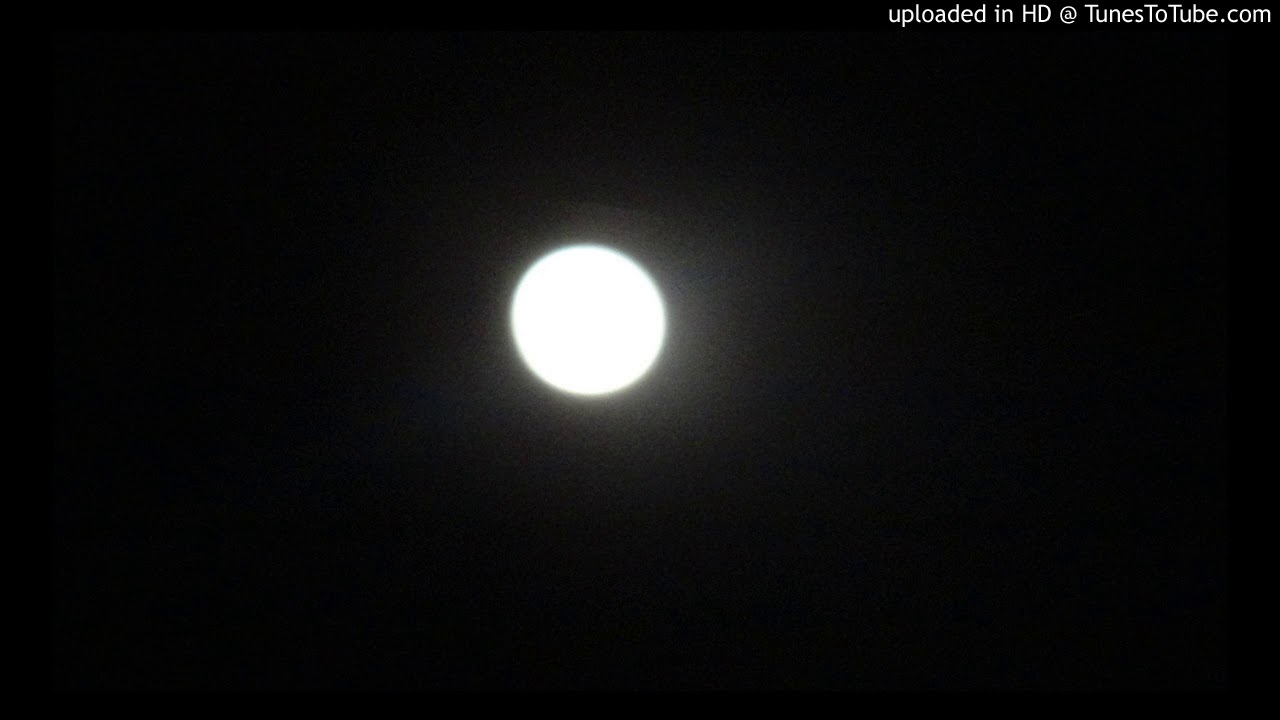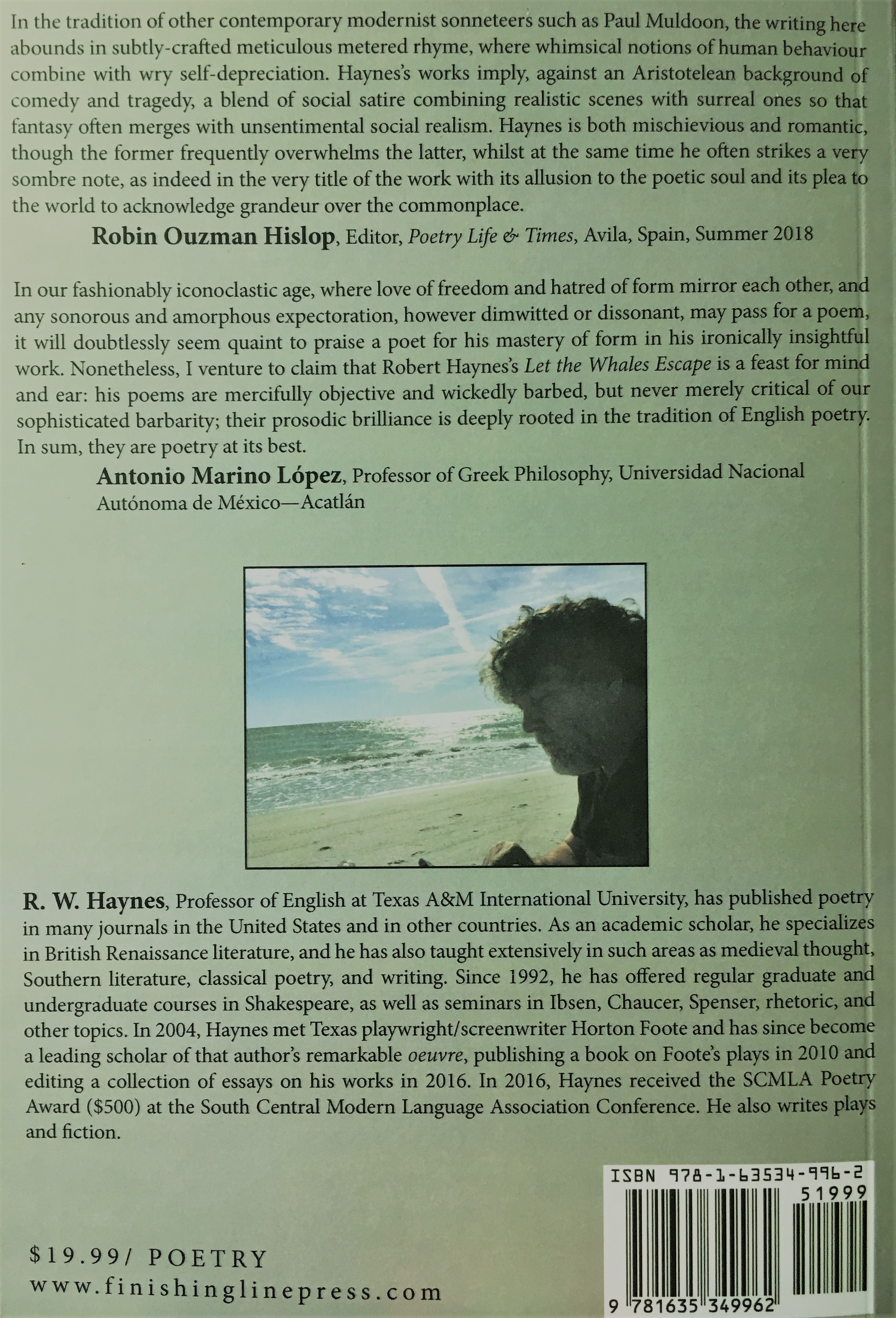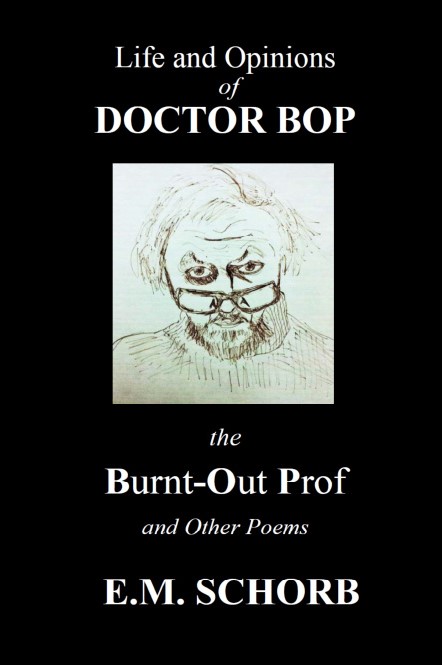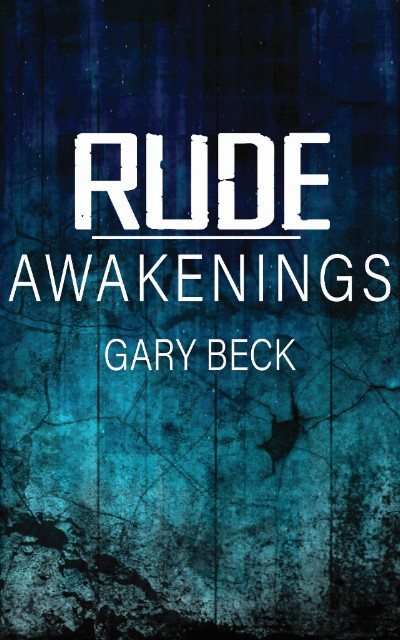http://www.aquillrelle.com/authorrobin.htm
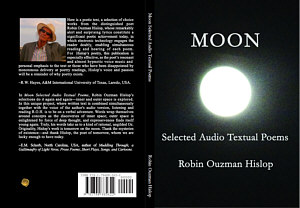
reducto anagramatico sunday afternoon 1915 wallace stevens
come give balm to the gusty grieving
nights to hush day green the seas
for her dark oranges bloom an
indifferent inhuman evening
of cherished comfort and wings
like wide complacencies
but next moves in mythy gat motions
among any hind’s heaven or paradise
& cries cause the sun’s littering
our afterwards river sky relinquish
the mountains and whistle in her porch
death still the imperishable inescapable
for receding boughs to wear sleeplessly
the sun colours to hang of sky bosom
serafin plum the perfect rivers the hills
the lay sky paths that live impassioned
upon grass phrases in extended cries over
her peignoir and coffee upon blood calm

Robin Ouzman Hislop is on line Editor at Poetry Life & Times at Artvilla.com. His numerous appearances include Cold Mountain Review (Appalachian University, N.Carolina), The Honest Ulsterman, Cratera No 3 and Aquillrelle’s Best. His publications are collected poems All the Babble of the Souk, Cartoon Molecules, Next Arrivals & Moon Selected Audio Textual Poems and translations from Spanish of poems by Guadalupe Grande Key of Mist and Carmen Crespo Tesserae (the award winning XIII Premio César Simón De Poesía). In November 2017 these works were presented in a live performance at The International Writer’s Conference hosted by the University of Leeds, UK. A forthcoming publication of collected poems Off the Menu is expected in 2020.
https://www.facebook.com/PoetryLifeTimes
https://www.twitter.com/PoetryLifeTimes
Robin Ouzman Hislop is Editor of Poetry Life and Times at Artvilla.com . You may visit Aquillrelle.com/Author Robin Ouzman Hislop about author. See Robin performing his work Performance (University of Leeds)
Press Release
Press Release Let the Whales Escape Collected Poems By R.W.Haynes
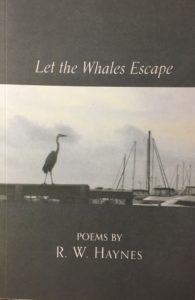


Let the Whales Escape R.W.Haynes
Mona Lisa and the Marlboro Man
Not knowing if wisdom would impulsively fly
Or if it dragged its feet when impulse flared,
She had to make the call and suddenly try
To do what an immortal would have dared,
An Aphrodite, ascending in a flying cart
Drawn by fifty gurgling pigeons at a speed
Which matched the speed of her own matchless heart
And the heartbreaking glory of her need.
Later, back in Laredo, she would say
She didn’t know why she’d taken off that way,
Smiling with satisfaction, recalling when
Her best moments flew by delightfully then.
He didn’t want anyone saying, “Oh.
This is how I feel,” but people do
Say that, and he said it, sometimes, too,
In unguarded moments, and he would show
How he felt, displaying great disdain
As he lit his pipe, blew blue smoke forth
Delivering himself from aesthetic pain
Incurred by foolish ideas from the North,
And, nodding slightly to appreciate
A tolerable turn of phrase which he
Thought suggested some brain activity,
He let his tobacco counter-obfuscate
Suspicious overflows of raw emotion
Which threatened to undermine devotion.
On the Balcony of the Palacio de Cortés
Madness stands at one elbow. At the other
Various figures in masks take their turns,
And all whisper steadily, one after another,
Syllables whose content one never learns.
The maniac is familiar; one keeps a careful eye
On him night and day, and day and night,
But who are the others who are standing by,
And what are these advisements they recite?
I dream the lonely ghost of love is one
Whose only consolation is to speak of sin,
And when that sad companion is done,
I hear Complacency, Madness’s mad twin.
I listen in patience, fighting back the fear
I’ll never hear the voice I hope to hear.
Ibsen on the Nile
Those monuments are monuments merely
Of themselves; this river of nutrition
And death, inundating Egypt, is clearly
A muddy embodiment of time’s volition.
I saw the Sphinx off in the distance. Today
I purchased an ancient mummified hand
To give to my wife, safely far away,
And I suspect that she will understand.
I met DeLesseps recently. He and I
Have much in common, more than he knows;
My work is lonelier, but there exists a tie
Between what we do as humankind grows.
These monuments record the vanity of ages;
Mine put the outraged human soul on stages.
Robin Ouzman Hislop is Editor of Poetry Life and Times ; his publications include
All the Babble of the Souk , Cartoon Molecules and Next Arrivals, collected poems, as well as translation of Guadalupe Grande´s La llave de niebla, as Key of Mist and the recently published Tesserae , a translation of Carmen Crespo´s Teselas.
You may visit Aquillrelle.com/Author Robin Ouzman Hislop about author. See Robin performing his work Performance (University of Leeds)
Life and Opinions of Doctor BOP the Burnt-Out-Prof. Collected Poems by EM Schorb. Reviewed by Robin Ouzman Hislop
Excerpt from
Life and Opinions of Doctor BOP
A poem is a posit, an assertion, an act,
and in action we forget fear: respite
in creation, the maker takes a stand, in making,
but is it a stand no better than gimmick-makers make?
Well, poetry possesses the virtue of being a record,
at least, and you can date a poem, if you wish,
thus giving it the merit of a worldly fact
contained in a system of time, which, admittedly,
is a system which is perhaps pseudo-fact itself,
or will become so as matter completes its withdrawal
upon itself to revisit its beginnings in a black hole in space;
and yet, until then, something like a fact,
a fact in the sense that Sherlock Holmes is almost real
and lives in Baker Street in a fictional series
in a real world that may exist only in a dream
that is being dreamed elsewhere, perhaps—dare I say—
by Yahweh; and so poetry becomes an actual little stab
and, poets hope, rip in the black sheet
that covers the deserted, haunted mansion.
Reviewed at:
Amazon.co.uk Life and Opinions of Doctor BOP the Burnt-Out-Prof and Other Poems . See also: Amazon.com
Amazon.co.uk Emanations from the Penumbra Poems EM Schorb See also: Amazon.com
Review of
Life and Opinions of Doctor BOP
by
Robin Ouzman Hislop (Editor of PLT)
Many poets often turn to playwrites, more so than the other way about, and undoubtedly, imo, EM Schorb’s early background in theater has led to his latest theme in poetics “Life and Opinions of Doctor BOP ( the Burnt – Out – Prof and other Poems)”. In fact, it seems to me, the entire text hovers between sketches, vignettes, and biographic autobiographical narration in the first person. As a European, but one who has followed, as well, with keen interest North Amercan academia in poetics. As much as philosophy, related to cosomology and evolutionary concerns in the new sciences. It comes as an edifying experience to be introduced to the home grown frantics of North American Campus life, or insomuch, the affect it has had on our character in question, Doctor BOP. Actually, in the reading of the first part of this three part volume, a practically epic poem consisting of some seventeen pages, I was strangely reminded of the later short story writings of JD Salinger’s depiction of University life as an undergraduate English lecturer. He was in fact, as he describes himself, a rather reclusive English lecturer. And one of his passages springs vividly to mind, as he mentions in a more or less autobiographical narration, how as a now muchly graying and aging professor, he hastily makes himself scarce, the moment a group or anything like of under 40’s looms on his horizon, (on the Campus). A far cry from the days of Catcher in the Rye, perhaps we might encounter our Doctor BOP, as Schorb portrays him, as having travelled a somewhat similar way, perhaps a universal way of all burnt-out-profs. At least for the birth of our Doctor BOP, as he emerges from the Yiddish community, where due to a series of social phenomena peculiar to North American modern history, he finds himself born into the world of academia at midriff with his family’s origin, social background and status. Here Schorb brings his own background knowledge of Yiddish custom and vocabulary into full play in all its richness, in the first part of the central theme to the work. It is but one of the literary treats he devises. The whole text is replete with a classical apotheosis, religious epitomes, literary analogues and philosophical allusions, all of which abound in the head of Doctor BOP, as he makes his final but defiant bow before the world. The poems obviously are tragico/comico, there is satire, irony, bitterness, humour and kindness blended together with eruditeness. The text is littered with phrases in Latin, Greek, Yiddish, Spanish, we even have augenblick (in the blink of an eye, or in the moment) for Hamlet in German, and of course, Orator fit, poeta nascitur, poeta nascitur, non fit. (A speaker is made, a poet is born, not made). According to Doctor BOP, who quotes extensively from bibliographies of writers past and present and salutes us in the final part of the first part with vaya con Dios, my Darlings. Doctor BOP makes a delightful read, which the two latter parts of this small volume only serve to embed, and is well worth the buy, if only to raise the dust from our minds to reminisce over our studious years and the host of miscellenious trivia that is the heritage of our race in all its travail – a poor player who struts and frets his hour upon the stage and then is heard no more – to coin yet another allusion.
Biography
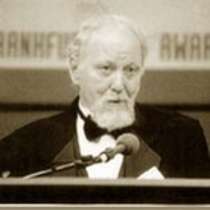
E. M. Schorb attended New York University, where he fell in with a group of actors and became a professional actor. During this time, he attended several top-ranking drama schools, which led to industrial films and eventually into sales and business. He has remained in business on and off ever since, but started writing poetry when he was a teenager and has never stopped. His collection, Time and Fevers, was a 2007 recipient of an Eric Hoffer Award for Excellence in Independent Publishing and also won the “Writer’s Digest” Award for Self-Published Books in Poetry. An earlier collection, Murderer’s Day, was awarded the Verna Emery Poetry Prize and published by Purdue University Press. Other collections include Reflections in a Doubtful I, The Ideologues, The Journey, Manhattan Spleen: Prose Poems, 50 Poems, and The Poor Boy and Other Poems.
Schorb’s work has appeared widely in such journals as The Yale Review, The Southern Review, The Virginia Quarterly Review, The Chicago Review, The Sewanee Review, The American Scholar, and The Hudson Review.
At the Frankfurt Book Fair in 2000, his novel, Paradise Square, was the winner of the Grand Prize for fiction from the International eBook Award Foundation, and later, A Portable Chaos won the Eric Hoffer Award for Fiction in 2004.
Schorb has received fellowships from the Provincetown Fine Arts Work Center and the North Carolina Arts Council; grants from the Ludwig Vogelstein Foundation, the Carnegie Fund, Robert Rauschenberg & Change, Inc. (for drawings), and The Dramatists Guild, among others. He is a member of the Academy of American Poets, and the Poetry Society of America.
PRIZE-WINNING BOOKS
BY E.M. SCHORB
Books available at Amazon.com
_______________________________________
Dates and Dreams, Writer’s Digest International Self-
Published Book Award for Poetry, First Prize
Paradise Square, International eBook Award
Foundation, Grand Prize, Fiction, Frankfurt Book Fair
A Portable Chaos, The Eric Hoffer Award for Fiction,
First Prize
Murderer’s Day, Verna Emery Poetry Prize, Purdue
University Press
Time and Fevers, The Eric Hoffer Award for Poetry
and Writer’s Digest International Self-Published Book
Award for Poetry, each First Prize
Robin Ouzman Hislop is Editor of Poetry Life and Times his publications include All the Babble of the Souk and Cartoon Molecules collected poems and Key of Mist the recently published Tesserae translations from Spanish poets Guadalupe Grande and Carmen Crespo visit Aquillrelle.com/Author Robin Ouzman Hislop about author. See Robin performing his work Performance (University of Leeds) and his latest Collected Poems Volume at Next-Arrivals
Next Arrivals. Collected Poems by Robin Ouzman Hislop. Introduction by Ian Irvine (Hobson)
Introduction to Next Arrival: The Many Faces of Creative Indeterminacy
by Ian Irvine (Hobson)
Poetic Indeterminacy 1: L=A=N=G=U=A=G=E poetry and Late Modernist Experimental Poetry
When Marjorie Perloff, long-term critical advocate for L=A=N=G=U=A=G=E poetry (indeed for experimental poetries generally), published The Poetics of Indeterminacy: Rimbaud to Cage back in 1981, she wanted to trace a particular kind of poetic ‘indeterminacy’ back to its 19thcentury roots in Rimbaud. Early on she quoted Barthes’ perspective on Rimbaud’s poetics: ‘Rimbaud … destroyed relationships in language and reduced discourse to words as static things … In it, Nature becomes a fragmented space, made of objects solitary and terrible, because the links between them are only potential.’ Perloff then traced the 20th century developments in this emerging poetics via chapters on Gertrude Stein’s ‘word-systems’, Samuel Beckett’s ‘poetics of absence’ and John Ashberry’s ‘open field of narrative possibilities’ (elsewhere termed a ‘field poetics’). Her book concluded with studies of the ‘marginless’ poetics of David Antin and the chance-operations poetics of John Cage , who wrote of his later works: ‘They begin anywhere, last any length of time … They are therefore not preconceived objects … They are occasions for experience.’ Perloff’s book led to further studies in which she announced L=A=N=G=U=A=G=E poetry as a further chapter in this century old poetics of ‘indeterminacy’.
Robin Ouzman Hislop’s poetry is certainly in dialogue with some of the key architects of this well documented ‘poetics of indeterminacy’ – both the Modernist strands represented by the likes of Beckett and Stein, and the postmodernist strands represented, initially, by Ashberry and Antin, and later on by poets like Charles Bernstein, Bruce Andrews, Lyn Hejinian and Ron Silliman. Next Arrivals, however, like Hislop’s second collection Cartoon Molecules, also explores and responds to themes only rarely addressed by 20th century experimental poets.
In both Cartoon Molecules and Next Arrivals we start to catch glimpses of a hulking phantasmagoric something (a transhumant creature perhaps?) as it ‘slouches’, ‘transforms’, ‘self-engineers’, ‘machine learns’ it-self into being under cover of the postmodern twilight. Culturally speaking, something new is being born/engineered/programmed in these early decades of the new millennium and all three of Hislop’s collections, in my opinion, work hard to capture the cultural zeitgeist surrounding aspects of this transhuman nativity drama (one interpretation of the collection’s title, i.e. literally, the Next Arrivals). Hislop senses that new poetic forms – what we might label a new (perhaps quantum influenced?) ‘poetics of indeterminacy’ – may be called for here and, like US poet Amy Catanzano, he is courageous enough to initiate new experiments with poetic form in order to address the urgencies of our time.
Poetic Indeterminacy 2: Eulogies for the Passing of Mechanist Science
All this is to say that Hislop is keenly interested in exploring poetically a range of phenomena loosely related to ‘the New Sciences’. His interest, however, is not that of the wide-eyed, but willfully naïve, classical scientist. He understands humanity’s darker impulses – particularly our darker collective impulses – too well to buy into the idyllic marriage vows these days being exchanged between the New Sciences and extreme capitalism – however loved-up the happy couple appear to be in public. His unease and ambivalence regarding this pairing is evident in many of the poems featuring New Science themes. At times key poems descend into states of existential vertigo brought on by what is unfolding. Such themes are most directly addressed in the poem on (p.59) of the collection:
we invent them to serve us controlling our existence
to create virtual worlds with hells and heavens
myths domesticate science
fiction and reality blur shaping our reality
an assembly of biochemical algorithms flash fade flash fade
spinning
Similar notes of caution and critique accompany references to genetic programming, Artificial Intelligence (and the much publicised ‘approaching Singularity’), Virtual Reality obsessions (Hislop’s meditations on Bostrom’s ‘Simulation Argument’ are particularly interesting), quantum computers, and, so on, throughout the collection. He asks us to be wary of the way the New Sciences are merging with what he refers to as ‘datism’, and then warns us that ‘algorithms can control empire/ or an upper class ruling the planet’ (p.59). Later in the same poem (p.61) we read: ‘free market big brother/ watches every breath you take’. The New Sciences, of course, were founded on a profoundly ontological understanding of ‘indeterminism’, arising as they did, out of the discoveries of a range of early 20th century physicists – especially Heisenberg (with his so-called ‘uncertainty principle’).
Our need to explore these kinds of ontological uncertainty suggest a second major way to understand contemporary experimental poetries as ‘indeterminate’ – a way that brings Hislop close to the concerns of a growing band of writers creating what some are calling ‘Quantum Literatures’. What kinds of art, philosophy, poetry and poetics should we develop to address fundamental ‘indeterminacies’ of matter and consciousness (rather of consciousness observing matter)? Hislop does not, of course, advance explicit theories on such topics in this collection, but a poetic response to the challenges posed hovers above a number of the best poems in the collection. Such concerns also – whether consciously or unconsciously – seem to affect the formal flow of the collection.
Next Arrival can, in theory, be entered via a range of gates, since the 2nd to last poem in the collection mirrors the collection of lines used to construct the table of contents. Though there are no titles to each discernible segment of poetry – no capitals and headings to interrupt flow – we slowly become aware (via a kind of gentle memory murmur) that the first line of each new segment also appears in the table of contents (and will appear again at the end of the collection). In a sense then, our reading choices – i.e. whether we browse/surf the collection or proceed more conventionally from start to finish – ‘collapse’ a range (or field) of reading (and meaning) possibilities into a particular reading outcome. The experience, however, is always ‘hologrammatical’, since poem fragments from across the collection are embedded in secondary poems – producing the uncanny sense that every poem is linked to every other poem. Another term for this – a term directly related to the New Sciences – is ‘entanglement’. Specifically, we are talking about a poetics of entanglement. It is perhaps an intuitive development –possibly arising naturally out of Hislop’s deeply held ecological vision (as outlined in a number of the collection’s other poems). We note, however, that a poetics of entanglement may run contrary to the kind of language atomizing poetics we sometimes find in the more extreme manifestations of contemporary anti-representational poetry.
Although Hislop uses a range of L=A=N=G=U=A=G=E poetry techniques, the poems in Next Arrivals are never completely ‘anti-representational’. Rather meaning-creating choices, options, possible worlds/selves are offered up to the reader at every turn. The poet invites us to contemplate a new kind of reading freedom—a freedom built upon expansive notions of subjectivity, linked, in turn, to up-dated Existential and New Science perspectives. A subjectivity, in short, subliminally aware of the multiverse. Barthes’ summary of Rimbaud’s poetic (and, retrospectively the poetics of late Modernism and Postmodernism) – i.e. a poetics of ‘objects solitary and terrible’ – is not, in the end, Hislop’s poetic. Rather, we are talking about a poetry slanted toward human vulnerability and the facts of our inter-relational entanglements – a poetry addressing readers staring at the approach of an A.I. and big-data determined – perhaps Simulation programmed – future that may well see ordinary humans made obsolete and irrelevant – in a word ‘surpassed’. Interestingly, however, I suspect that for Hislop the risks associated with the fast approaching A.I. Singularity confront us as contemporary manifestations of what amounts to an age-old curse. Perhaps a classical allusion is in order. As we read Next Arrivals we become aware that we are still negotiating the Minotaur’s death-haunted labyrinth (in many ways the structure of the collection resembles that of a literary labyrinth). The face of the Minotaur, however, continuously shape-shifts into that of Saturn (old Father Time himself, or, put differently, the inevitable human encounter with death/mortality). There are thus a number of moving poems in Next Arrivals exploring mortality, ageing and the general fragility of human life. Two lines, for me, best summarise the collection’s new spin on this very old theme (p.69):
but I brimmed in apocalypse under the welter of bones
yield to the inevitable
Poetic Indeteminacies to do with Editing, Translating and New media Technologies
Hislop and his wife, Amparo Perez Arrospide, have edited the online literary and visual arts publication Poetry Life and Times (PLT) since 2006. In this age of global communication networks, it becomes increasingly difficult to separate a poet’s poetry from a poet’s elsewhere contributions to literary and online cultures. Everything swims together in a kind of ‘electronic soup’ of interactions and information nodes on the WWW (representing perhaps another kind of ‘field poetics’ or ‘poetics of indeterminacy’). For better or worse, the specialized poets of the 20th century have slowly been replaced by a new breed of transmedia savvy ‘uber-artists’. Some poets are well equipped for the new role. Hislop, certainly, is comfortable communicating in a range of genres, across a variety of conventional and new media platforms (e.g. reviews/nonfiction essays, translations, video-poems, teaching, poetry performances, etc. ), as well as through publishing the works of other poets at the PLT site (and we note that all good literary journals seek to construct ‘an open field of narrative possibilities’).
There is no doubt that PLT, here including work published via its sub-sites Artvilla and Motherbird , expresses a truly internationalist poetics. Its contributors herald from all over the planet and the various sites feature a range of poetic styles—traditional, modernist, postmodernist, experimentalist, etc . The editors are also committed to publishing the poetry of non-English language poets (translated, in many cases, by the editors themselves). We note here that ‘translation’ is itself a notoriously difficult and ‘indeterminate’ activity – there is always a trace of the translator in the finished product, however much he or she strives to eliminate any evidence of input. Overall, PLT augments ,and expands upon, the very same poetics of indeterminacy we encounter in Hislop’s own poetry.
*****
The creative Indeterminacies I have located in Hislop’s overall oeuvre are cause for celebration. Exploring such ‘creative indeterminacies’ will introduce us to zones of hybridity – the interstitial plazas and market-places that exist between the monolithic, but ultimately delusionary and oppressive, certainties fed us daily by governments, media moguls, religious leaders and ideologues. There is something liberating and eminently human about embracing the expanded notions of self we encounter in Hislop’s poetry. We note that John Cage also sought a more expansive definition of creative practice when he labeled his later experiments ‘occasions for experience’. We may apply the same terminology to the poems in Next Arrivals – they are, each and every one of them, ‘occasions for experience’. Hislop’s ‘occasions for experience’, however, highlight the ambivalences and anxieties, as well as the joys and occasional epiphanies, experienced by ordinary people attempting to make sense of our globalised, corporatized, information-saturated post-postmodern world.
Ian Irvine (Hobson) Victoria Australia 2018
Ian Irvine (Hobson) is an Australian based, British born, poet/lyricist, fiction writer, journal editor, and writing and creative arts academic. His work has been published extensively, including in a number of national anthologies, e.g. Best Australian Poetry and Agenda’s special Contemporary Australian Poets edition. He has published four books and has co-edited over 20 publications including 7 editions of the groundbreaking international literary ezine The Animist (1998-2001), as well as Scintillae 2012 (a print anthology containing work by over 60 Australian poets and writers). Ian has taught in the creative and professional writing programme at Bendigo Kangan Institute since 1999. He also lectures casually in a similar program at Victoria University, Melbourne.
Robin Ouzman Hislop is Editor of Poetry Life and Times his publications include All the Babble of the Souk and Cartoon Molecules collected poems and Key of Mist the recently published Tesserae translations from Spanish poets Guadalupe Grande and Carmen Crespo visit Aquillrelle.com/Author Robin Ouzman Hislop about author. See Robin performing his work Performance (University of Leeds)
Immediate Release. Collected Poems by Gary Beck. Rude Awakenings
Rude Awakenings is a 112 page poetry collection. Available in paperback with a retail price of $11.99. ISBN 1941058809, and a kindle edition for $4.99. Published by Winter Goose Publishing. Available now through all major retailers. For information or to request a review copy, contact:jessica@wintergoosepublishing.com
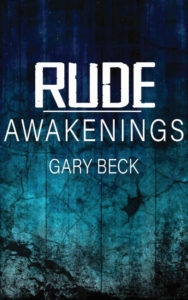
Amazon.com
Can an artist achieve the American dream without compromising creativity? Can lovers navigate the search of their desires while mourning the loss of past connection? And if the disillusioned accept our world of empty promises, don’t we all lose when that fire burns out? Poet Gary Beck masterfully approaches serious questions of human integrity, as well as the small odd moments our realities may share, in his brilliant new collection, Rude Awakenings.
We love your poems – Orchards Poetry
Wonderful work – Panoplyzine
Imagery and emotion that felt unique yet universal – Paradise Review
Featured Poems from Rude Awakenings:
i.
Faded
Dim flame dying
like a senile candle,
a flickering old woman,
crinkled fingers drooping
from large jeweled rings
as she sobs in septic sleep
that no lover’s steps
tread the midnights
of her bedroom.
ii.
Pilgrim
Leaving my land, place, roots,
another strange American
dazed with hungers,
breakfast cereal anticipations
for change, glory, just enough lust
to risk Moloch-belly flames
licking fire at asbestos bones,
spinning and circling a torturous orbit
returning me to beginnings,
stubborn, ruthless, orphan greedy,
playing no more rhymes on my toes, Granpa,
past twiddling, caring about rag clad dreams,
leaving me shivering for survival
from frostbite of vindictive atoms
unseen in the bustling commotion
in the churning harbor of unrest.
iii.
Two Refrains
For in darkness women came
and carried his body away.
The children by the shore of the lake
picked up his bones and followed the barge
and shrieked of the games they’d play the next day.
And while the children reveled
greed, our god, cloyed our senses
and ignorance, the priest,
drugged our minds,
leaving us stranded
on confusion’s shore.
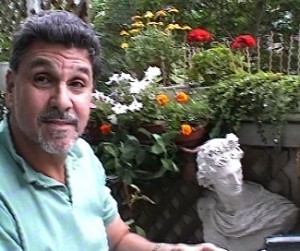
Gary Beck has spent most of his adult life as a theater director, and as an art dealer when he couldn’t make a living in theater. He has 12 published chapbooks and 2 accepted for publication. His poetry collections include: Days of Destruction (Skive Press), Expectations (Rogue Scholars Press). Dawn in Cities, Assault on Nature, Songs of a Clerk, Civilized Ways, Displays, Perceptions, Fault Lines, Tremors and Perturbations (Winter Goose Publishing) Rude Awakenings and The Remission of Order will be published by Winter Goose Publishing. Conditioned Response (Nazar Look). Resonance (Dreaming Big Publications). Virtual Living (Thurston Howl Publications). Blossoms of Decay (Wordcatcher Publishing). Blunt Force and Expectations will be published by Wordcatcher Publishing. His novels include: Extreme Change (Cogwheel Press), Flawed Connections (Black Rose Writing), Call to Valor (Gnome on Pigs Productions) and Sudden Conflicts (Lillicat Publishers). State of Rage will be published by Rainy Day Reads Publishing, Crumbling Ramparts by Gnome on Pigs Productions. His short story collections include, A Glimpse of Youth (Sweatshoppe Publications) and. Now I Accuse and other stories (Winter Goose Publishing). His original plays and translations of Moliere, Aristophanes and Sophocles have been produced Off Broadway. His poetry, fiction and essays have appeared in hundreds of literary magazines. He currently lives in New York City.
Robin Ouzman Hislop is Editor of Poetry Life and Times his publications include All the Babble of the Souk and Cartoon Molecules collected poems and Key of Mist the recently published Tesserae translations from Spanish poets Guadalupe Grande and Carmen Crespo visit Aquillrelle.com/Author Robin Ouzman Hislop about author. See Robin performing his work Performance (Leeds University)

